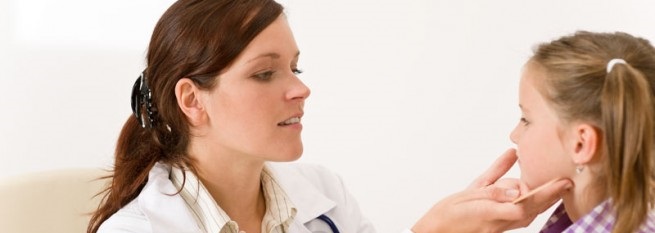Speech Therapy
Find Your Voice!
Speech Language Pathologists (SLP) work with people of all ages to prevent, diagnose, assess, and treat speech, language, social communication, cognitive-communication, and swallowing disorder.
Speech Disorders including:
• Articulation – The way we say our speech sounds
• Phonology – The speech patterns we use
• Apraxia – Difficulty planning and coordinating the movements needed to make speech sounds
• Fluency – Stuttering
• Voice – Problems with the way the voice sounds, such as hoarseness
• Dysarthria – Weakness in the oral muscles resulting in unclear speech
Language Disorders
• Receptive Language – Difficulty understanding language
• Expressive Language – Difficulty using language
• Pragmatic Language – Social communication; the way we speak to each other
Deafness/Hearing Loss – Loss of hearing; therapy includes developing lip-reading, speech, and/or alternative communication systems
Swallowing/Feeding Disorders – Difficulty chewing and/or swallowing
One must keep in mind that Communication / Swallowing difficulties may be primary or secondary to other difficulties, including neurological, cognitive or other possible developmental or acquired disorders.

Speech and Language Therapy with Children
Therapy sessions are typically fun and interactive with children and are held in a child friendly environment. The number, frequency and duration of sessions vary according to the child’s needs.
Besides assessing, diagnosing and treating speech and language difficulties, our SLP also aims to empower parents and caregivers in enhancing the child’s communication in various environments throughout the process of therapy. This may be done by modelling and training parents/caregivers throughout the speech and language therapy sessions.
Some specific developmental disorders that the SLP works with include Syndromes, Autism Spectrum Disorders, Cerebral Palsy, Epilepsy, Attention Deficit Disorders, Developmental Delays… etc.

Speech and Language Therapy for Adults
Acquired communication disorders may result following a Stroke, Traumatic Brain Injury, the progression of Dementia, Parkinson’s Disease, Motor Neuron Disease, Multiple Sclerosis… etc.
The role of the speech language pathologist here is to provide therapy to enhance and improve verbal communication to the client’s maximum potential where possible. It is important to discuss with the client and family members, where appropriate, how to prepare for later decisions, alternative methods of communication and nutrition (if swallowing difficulties are involved).
It is important to monitor and ensure methods of communication throughout the course of the disorder. In addition it is important to help the client feel integrated in the society by providing an effective means of communication which the client is comfortable with.
Sessions are held with the speech language pathologist at the Trebee clinic from Monday to Friday between 4pm and 7pm. Kindly call on 21239411/2 to book your appointment.
Questions? Comments? Get in touch with us.


